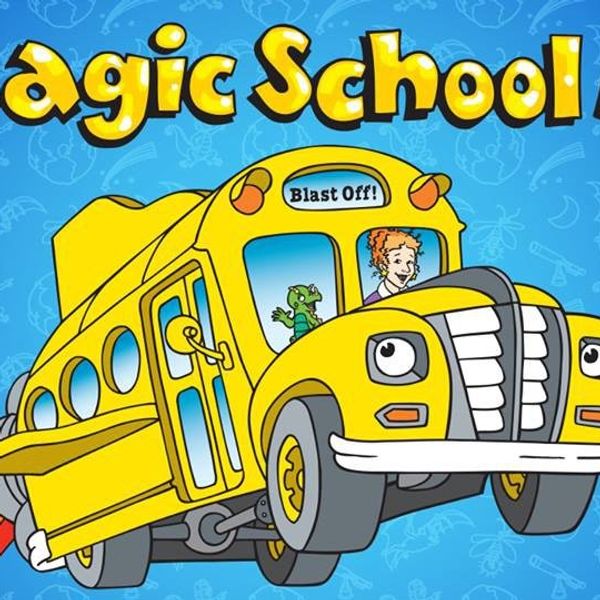In his documentary, The Problem with Apu, Indian comedian, Hari Kondabolu, exposes a contemporary parallel to brown face that is calculatingly-embedded within the show, The Simpsons. Implicit racial biases against Indian-Americans are often times camouflaged and dismissed as simply light-hearted, comedic jokes from the past that really should not be taken seriously today. For some additional context, Apu's character is voiced by Hank Azaria, a white man. Kondabulu expands how Apu's character is a cultural-fabrication and derivative of a much larger, systemic problem – a lacking represent-asian of Brown Americans across media platforms.
Many Brown Americans today still frequently hear Apu's classic "thank you, come again" line whenever entering any kind of 7-Eleven convenience store or gas station. One fundamental reason for this racist stereotype is because "[Indian-Americans] didn't have any kind of other representation in this country [for such a long time]… there was no Azis or Mindy or politicians or reporters… [Apu] was all [the Brown community] had."
Apu's characterization reflects how the rest of America perceives the quintessential Indian-American, as "a potbellied dude who can't speak English, is servile, devious, goofy – and – an idiot." To put it plainly, this kind of widely-glorified bias across the media is dangerously ignorant for many reasons. This stereotype whitewashes away the comprehensive struggle and experience of being a brown Indian in America who immigrated to a new country in the face of incredible uncertainty to build a new life with hope and ambition.
If you're an Indian-American actor or actress in Hollywood, your casting roles were pretty limited – "you either portray your community as one-dimensional or let someone else do it." For a long time, the only roles Indian-Americans could really be cast for included: "the weeping ethnic mom of potential rapists or murderers, … the forgein exchange student with a thick Indian accent who wore a turban and ate fried camel doing weird Indian dances, … the cabbie, the deli clerk, or the doctor."
In an interview with Kondabolu, Whoopi Goldberg defines minstrel shows as, "shows that started when white people decided that they wanted to do the cake walk." Minstrel shows evolved into a mode of entertainment for white people. These shows were performed as a means to degradingly mock black people. Since black people could not perform on stage, white people actively put black paint on their faces for comedic purposes on stage. Kondabolu asks Goldberg, "Based on your definition of minstrelsy, does Apu count as minstrel – since there's brown paint, a white man's voice, … singing, dancing." Goldberg, without hesitation, replies, "yeah Apu is in a minstrel show…"
When interviewed Indian-American actor, Aasif Mandvi, Kondabolu asks Mandvi the question: "When does the Indian actor have culpability… like does Hank Azaria have some responsibility, or is he just an actor playing a role?" Mandvi responds, "It's hard for me to blame the actor. It lives in a systemic culture of how are South-Asians represented. If we're funny just because of an accent, if that's that only version of us that is seen and that's the only version that's allowed because the audience only accepts one version of Southasians … I don't think Hank Azaria thought about it that much… Apu was just a funny character – one of many that he did."
As a gen Z, Indian-American myself, I still personally endure the cultural ramifications of Apu's characterization on The Simpsons today. It's a huge diminishment of what it means to actually feels like to be a brown Indian in America. Especially taking into account how the actor behind Apu's voice is white – to put it plainly – this is incredibly offensive. However, this does not mean one cannot be an ally for the brown community while simultaneously remaining a fan of The Simpsons. That's totally okay; however, if one does not acknowledge how bluntly racist Apu's character and still uses Apu's characterization as a cultural basis to generalize the rest of the Indian-American community today, that's pretty problematic to say the least.
Seeing Mindy Kaling, Aziz Anzari, Hasan Minhaj, and Lily Singh with their own shows, this gives me an ounce of hope as a brown American. Southasian representation on television has grown tremendously over the last decade; more represent-asian across the media is the only way to progressively move forward from where we were at, drawing a blueprint for generations to come. However, we still have a lot of room to evolve from where we're at now, considering that I know almost every popular Southasian-American in the media by name. Seeing Southasian-American actors and actresses on screen without an accent – truly being themselves – seems like a small gesture, but has shifted the way that rest of America perceives the Southasian-American community today, pushing us to be more culturally sensitive and less ignorant when it comes to contemporary racial relations.


















